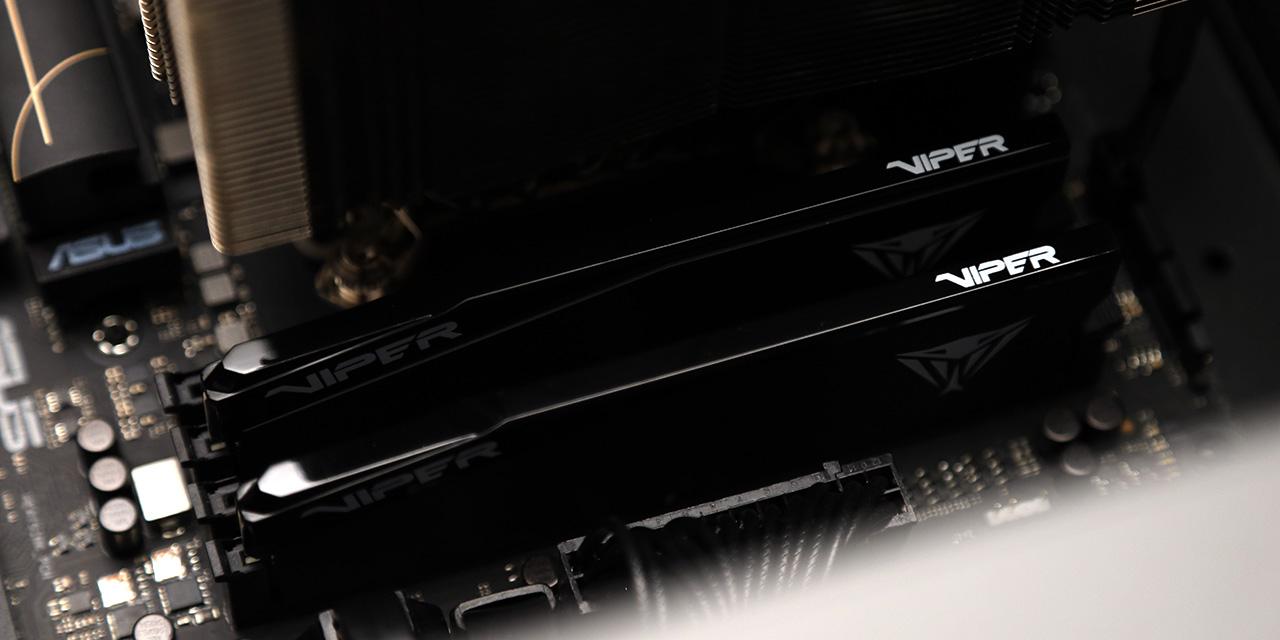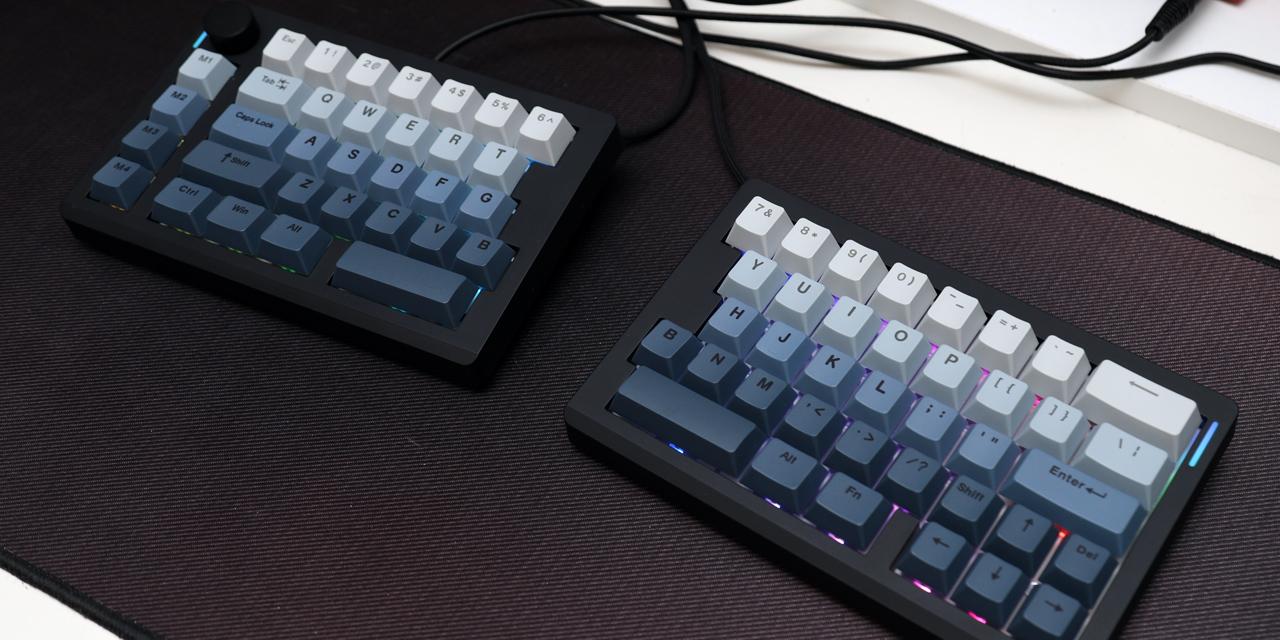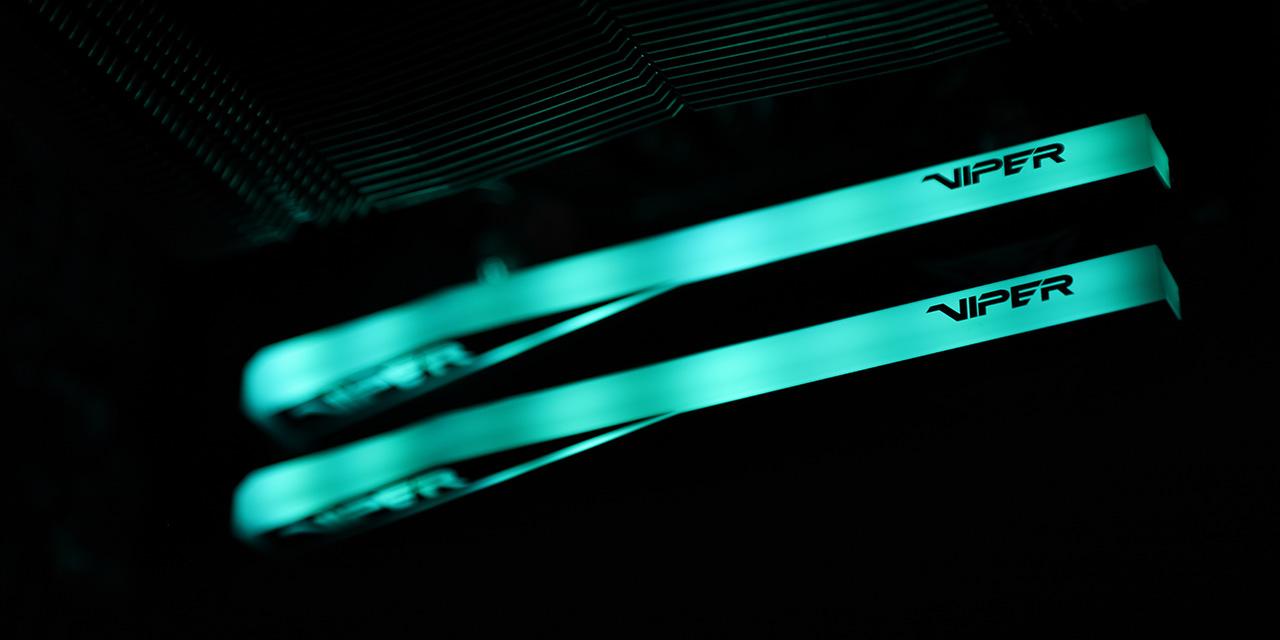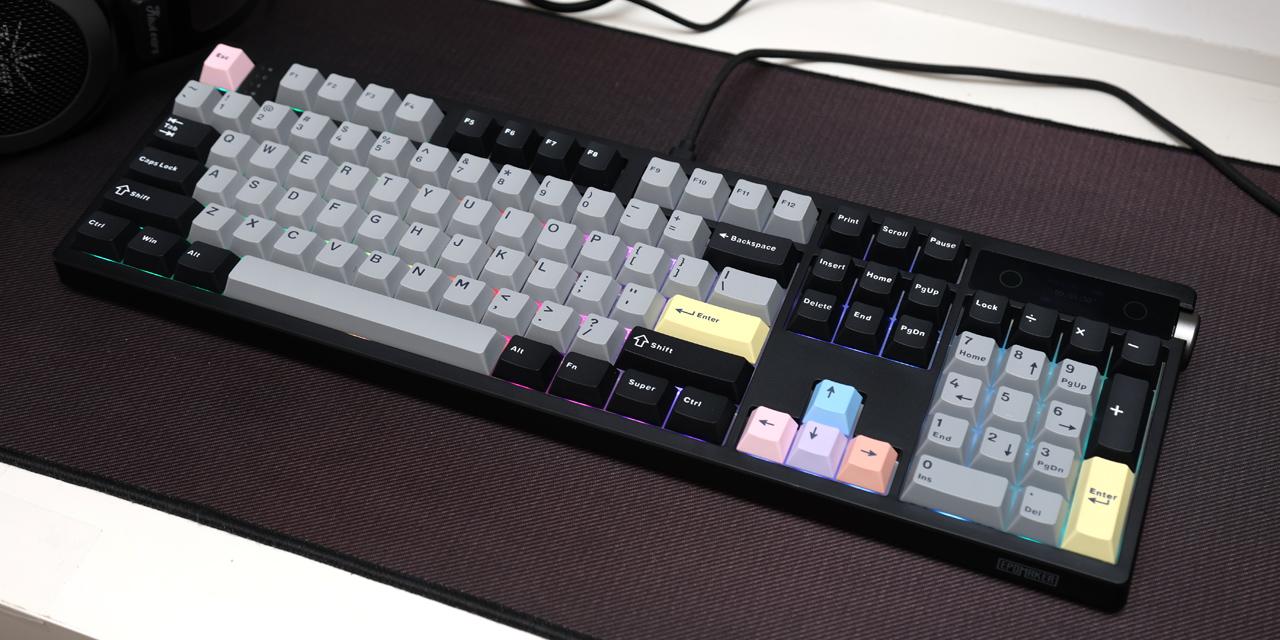From PC World: According to a new blog post, Microsoft will be enforcing uniform USB-C standards for Windows 11 laptops going forward, which apply with Windows 11 24H2 and beyond. PC manufacturers will need to implement Microsoft’s specifications for USB-C ports in a standardized manner. Previously, these specifications already existed but were optional.
Up until now, PC manufacturers have been able to customize the performance of USB-C ports and didn’t have to fully utilize the technical possibilities of the hardware. As of right now, USB-C supports a maximum charging throughput of 240 watts and a maximum data transfer speed of 80 Gbps (or even 120 Gbps for monitors). DisplayPort and Thunderbolt are also fully supported through USB-C.
However, the fact that manufacturers haven’t had to fully implement these specifications has led to well-known problems. For example, when you connect a monitor to your computer via USB-C, you might use a random USB-C cable that you have on hand—but the monitor remains dark. What could be the issue? Due to lax USB-C standards enforcement, it’s hard to troubleshoot problems like this when they occur.
Microsoft wants to put an end to USB-C uncertainty by setting minimum requirements for USB-C hardware on PCs via the Windows Hardware Compatibility Program (WHCP), which shifts previously optional specs into mandatory ones. New Windows PCs that bear the WHCP label must fulfill the following minimum requirements.
View: Full Article





